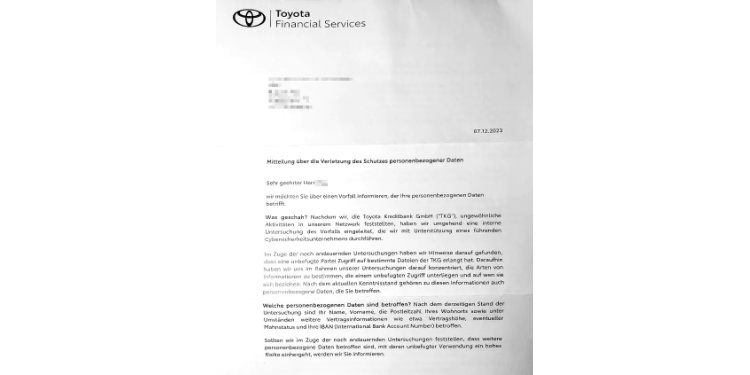Hackers Update Vultur Banking Malware With Remote Controls
Cybercrime
,
Fraud Management & Cybercrime
,
Governance & Risk Management
Attackers Can Now Download, Alter and Delete Files – Plus Click, Scroll and Swipe

Threat actors are tricking banking customers with SMS texts into downloading new and improved banking malware named Vultur that interacts with infected devices and alters files.
See Also: Combating Cyber Fraud: Best Practices for Increasing Visibility and Automating Threat Response
First documented in March 2021 by Threat Fabric, Vultur garnered attention for its misuse of legitimate applications such as AlphaVNC and ngrok, enabling remote access to the VNC server on targeted devices. Vultur also automated screen recording and keylogging for harvesting credentials.
The latest iteration of this Android banking malware boasts a broader range of capabilities and enables attackers to assume control of infected devices, hinder application execution, display customized notifications, circumvent lock-screen protections and conduct various file-related operations such as downloading, uploading, installing, searching and deleting.
The new functionalities primarily focus on remote interaction with compromised devices, although Vultur still relies on AlphaVNC and ngrok for remote access, said NCC Group security researchers in a report on Thursday.
Vultur’s creators also…




